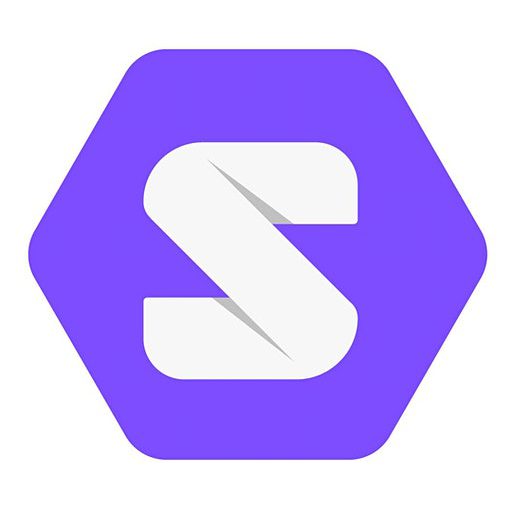I was thinking hard about how to explain Solid best. I like explanation videos. And because I am not talented at creating them and because someone already did a great job, I simply share one I like.
Why a new Web in the first place?
As the Web is today, there are a few problems. The ones that bother me the most are:
Openness and accessibility
I have a Facebook account. If I want to share a social media update with a friend who does not have Facebook, I need to make it public and thus available for everyone to see it. That is not open nor accessible! Who creates this rule? The service provider, Facebook. Facebook owns my social circle.
Censorship and privacy
The truth is, my data, in whatever service it is on, could be sold to companies I would not know about it maybe. Everyone knows by now ‘if the service is free you are paying with your data. The service I have my data on can chose to do whatever because they are the authority. They can decide tomorrow that all data that contains the word ‘poop’ is going to be censored and deleted. And if I want to continue using their service, if I am not already banned, I need to sign their new Terms & Conditions.
What do people say about Solid?
Looking online at the general concerns about Solid I try to give my personal 5 cents about them and thus complete the image of what Solid is and can become.
How are data-thirsty companies going to buy into Solid?
At first, they will not. Not as long as their business model is based on monetizing user’s data. However, if they are smart, they will have/already have solutions in place to keep their business successful without owning so much data.
Recently I looked into the Amazon business case. One can see that their business is shifting or at least they have a strategy in place to help them be resilient in the face of such a data privacy change. I think their strategy is to become the ultimate service/experience provider in retail. They will not care where the data will be stored since their competitive advantage will be to offer the best service. For example, Amazon can provide the ultimate shopping experience based on tech (see Amazon Go). Don’t get stuck on the Amazon Prime account – that could well be your WebID. And do not get stuck on payment. Your WebID could contain your preferred payment method which your bank trusts and ultimately allows the transaction. In the end, you could be using Amazon Go which just happens to be, in the future, the go-to system in all shops…
And why would Amazon Go be the best system in place? The concept itself is not based on data, on your data. It is based on shopper needs which right now seems to be about ‘time’: ‘no line, no checkout’. Yes the ML and AI are based on data but that data will continue to be available as research data or Amazon could buy it from you.
If you notice, Solid could shift the focus from a business model based on the heaps of data to a business model based on best service quality.
How are data-thirsty companies going to buy into Solid? Take Two.
Because of YOU!
If we start to have choices that are based on the best service provider, best safe Pod host, best UX and accessibility, best experience, the data collecting giants will be left behind. They will have no choice but to change strategy and get in line with what the little people want. We might be little but we are billions, we are the market.
What keeps companies from simply copying your data? And keeping it?
They can do that now. And they could maybe do that in the future too until I, the user, pull the plug and with that, they will get no more up-to-date data about me. Current business models driven by data mean that the data is up to date, near real-time. This is very important because if they have my data from last year it will be majorly outdated when it comes to saying: my book purchase preferences, or fashion or whatever! I argue that the value of data is in its freshness.
And also, I hope, there will be policies and laws in place that will not allow this. Because if the market asks for the best quality in a service provider and we hear about privacy concerns we will deregister, cut the data plug and move to the next most secure service provider.
How about security concerns of Pods being individually hacked?
This is a good valid point! The premise is that a hacker would target individual Pods. Hmm… might not pay off. Let’s say that a hacker can hack more Pods at the same time because of a loophole in the tech. Pretty much what is happening right now! So how is that a bigger concern than how it is now?
My final thoughts
I think Solid will co-exist in parallel with the Web we have today. Nothing will change drastically and fast! We will keep having Social Media accounts, Amazon accounts, Google accounts, and data all over the place. However, we will have a new choice more privacy-sensitive. Diversity and inclusion is all about giving people choice.

